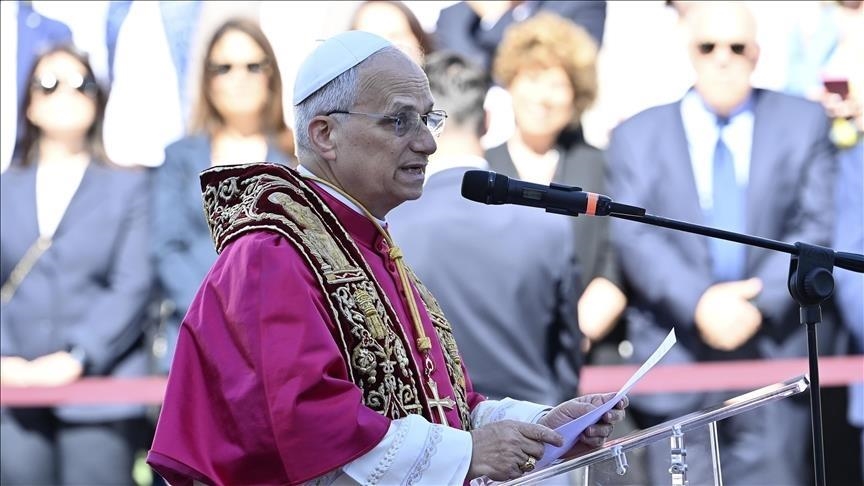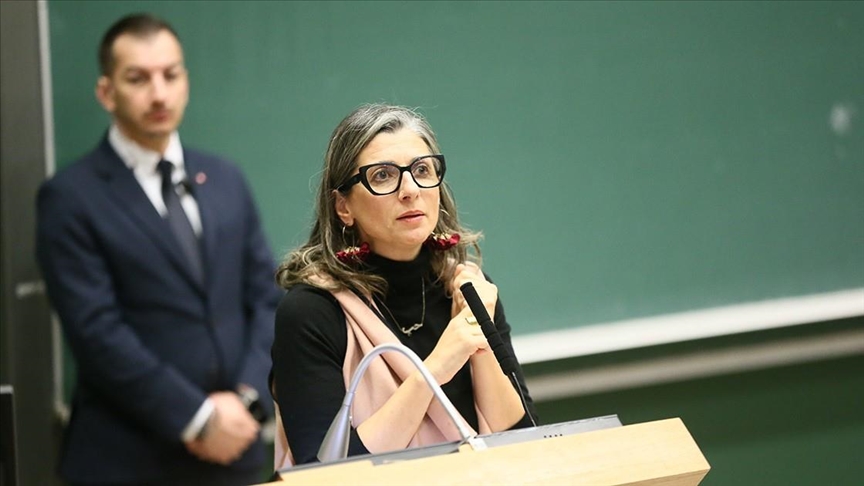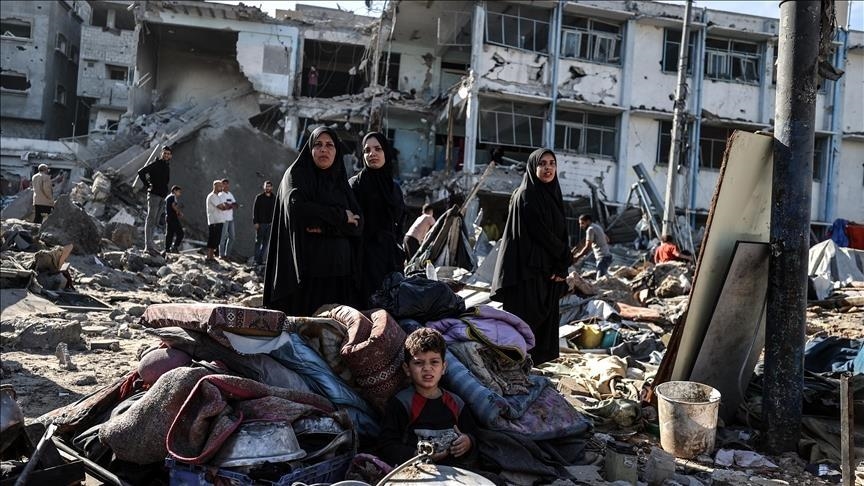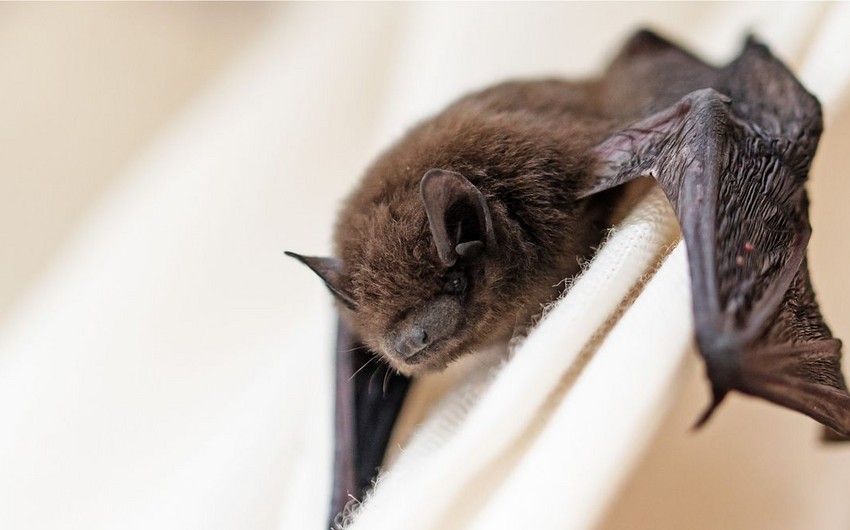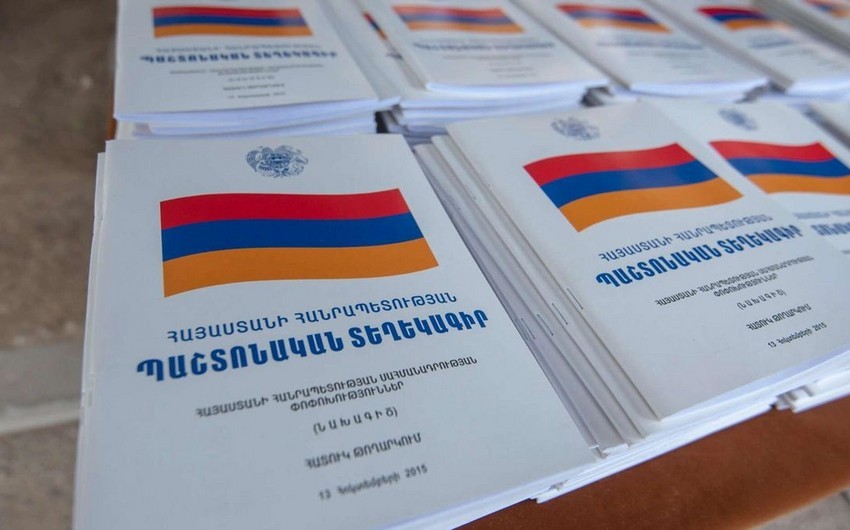Michael Magid, writer, specialist on Middle East, exclusive for Eurasia Diary.
In connection with the events in Syria and Iraq, one often hears: "The return of the great Persia? They deserve it. In the whole region, they are the only ones who have more or less engaged in the development of their country. " There is a logic, in the words said. The other day I was giving a lecture about the Middle East in the audience, where very different people gathered, from journalists to physicists and mathematicians. Of course, I talked about the tremendous increase in the influence of Iran, which heavily controlled Lebanon, Syria and Iraq. Almost all of my listeners and interlocutors expressed themselves in the same spirit and it is also said that Shiite Iran is the only country that can pacify and eliminate all versions of IGIL, present and future. It should be mentioned that in Tehran they dream of Great Persia, which will become allies of the European Union. The Iranians dream of receiving modern technologies and investments from the European Union, in exchange for ensuring the security of Europe. And in the European Union, now many believe that the Persian empire is the best option for the Middle East, since no one wants to expand the IGIL, the appearance of new IGILs, etc. At first glance, all this sounds quite logical.
What is wrong with the rule of Iran?
In real life, Iran's dominance can bring many problems. The fate of hundreds of autonomous self-governing cities in Syria, such as Idlib and Daraa, which is in this case subject to the Iranian empire and Assad, is troubling. In these cities there will be massacres, and then dictatorships will be organized.
20-25 million Sunnis in Iraq and Syria will lose all subjectivity and autonomy. It is a profound mistake to think that these people sympathized only with IGIL, Al-Qaeda, etc. They are very different people. Many of them are against IGIL and Al-Qaeda. US experts believe that the Shiite Iranian empire (the "Shiite crescent") will be authoritarian and non-inclusive. In other words, it will remove the Sunni from power, completely depriving them of social mobility. Those will begin to raise uprisings and the blood will flow endlessly. Self-government in Arab cities is the pearl of the Arab Spring. One can even say that this is a genuine manifestation of a number of elements of anarchism, of course, not of the savage subcultural anarchism that we can observe on the streets of European cities, but of the kind of anarchism that anarchist thinkers like Peter Kropotkin, Murray Bookchin, James Scott dreamed of. We are talking about an armed revolution of autonomous municipalities that rely on local residents and have learned to live without the state, providing the population with products and communal services. Only in the Idlib region’s system cover 160 cities and villages, and there are hundreds of such cities in Syria, and hundreds of thousands of people live in them. This is the result of Saura - the Syrian uprising against the dictator Assad. Many times these people rose against Al Qaeda and other militants who invaded their areas. There are lots of news and photo reports about the protests and local residents are against the actions of Al-Qaida in the cities of Idlib, Sarakib, Maarat-an-Nuuman, Armanez, Binnish and etc. So, the Americans will not defend these independent cities. In July 2017, under the administration of D. Trump, it was decided that the CIA would cease any military assistance to any formations of the anti-Asad opposition.
Along with the Sunni question, the Kurdish question is no less acute.
What awaits the Kurds?
Kurdish Rozhava (Syrian Kurdistan) is managed by the local branch of the PKK (Kurdish Workers' Party). It is a centralized system in which the sole ruling party is absolutely dominant. In the localities there is self-government with the right to participate in solving local municipal problems. However, here self-government operates under the control of the security service of Kurds - Asaish. At the moment, Kurdish forces control about 25% of the territory of Syria and about 80% of the Syrian oil and gas reserves. It creates two problems. First, there are complex relations between Kurds and local Sunni Arabs. Kurds took control of part of a large region of Deir az-Zor, inhabited by Arab Sunni tribes.
It is in this region that there are large oil and gas reserves. The presence of Kurdish control over such a large territory can provoke irritation among the local Arab Sunni tribes, not to mention the fact that there are oil and gas here, and the question of dividing the proceeds from their sale is a question that is quite capable of provoking disagreement. There are other difficulties. So the Civil Council of Rakka was formed before the Kurdish forces, with the support of some Arab tribes, took the city, knocking out IGIL from there. Kurds themselves claim that they invited representatives of local tribes to the Council. Maybe so, but some of the inhabitants of Raqqa were unhappy. All together can lead over time to Kurdish-Arab clashes. First, are the Shia forces ready? The Assad regime makes bellicose statements. He is not going to give oil and gas and does not recognize Kurdish autonomy. But the main decisions will be made in Tehran. Recently, SDS units (Syrian Democratic Forces, based on the Kurdish militia YPG) surrounded the forces of the pro-Iranian Shiite militia Hezbollah in the area of Kamyshlo Airport in northern Syria. The purpose of this operation was to prevent Hezbollah from supporting another pro-Iranian Shiite militia, Khashd al-Sha'bi, operating in Iraq. At present, Khashd, which has a total strength of 150,000 militants, reached the Syrian borders in the North and South, crossed them in the South, and conducted operations against IGIL together with Asad and Hezbollah. There is no longer a border between Iraq and Syria. Now Iran has the opportunity to quickly transfer huge forces and concentrate them anywhere from Lebanon to Afghanistan. Between the pro-Iranian Shiite forces that control the region (Lebanon, Syria, Iraq) and the Kurds, the confrontation is growing. Armed clashes between Kurds and pro-Iranian Shiite forces are very common now.
Will the Kurds help the Americans?
The United States has deployed 10 US bases in the territory of Rozhava (Syrian Kurdistan). Thousands of US troops guard the borders of Rozhava from the Turkish invasion. Turkey and Iran are now in alliance against the Kurds and if the Americans leave, Rozhava will collapse under the blows of these huge forces.
Americans needed Kurds, who were their infantry during operations against IGIL. Americans will need Rozhava and after the death of IGIL - as a counterbalance to a powerful Iranian empire. But the problem is that American diplomacy is now completely paralyzed because of Trump's actions. And we do not know what the American policy can be. It became unpredictable. Iraqi Kurdistan expected support from the US - its ally. But it was not followed - under the attacks of the army of the Shiite government of Iraq and the militias of Khashd, the Iraqi Kurdistan lost in October at least 40% of its territory and the largest oil field in Kirkuk. And who can guarantee now that something like this will not happen to Rozhava?
You can expect that the Shiites will test the Americans, attacking in different places on Rozhava. If the Americans intervene, the Shiites will withdraw, if not - no.





